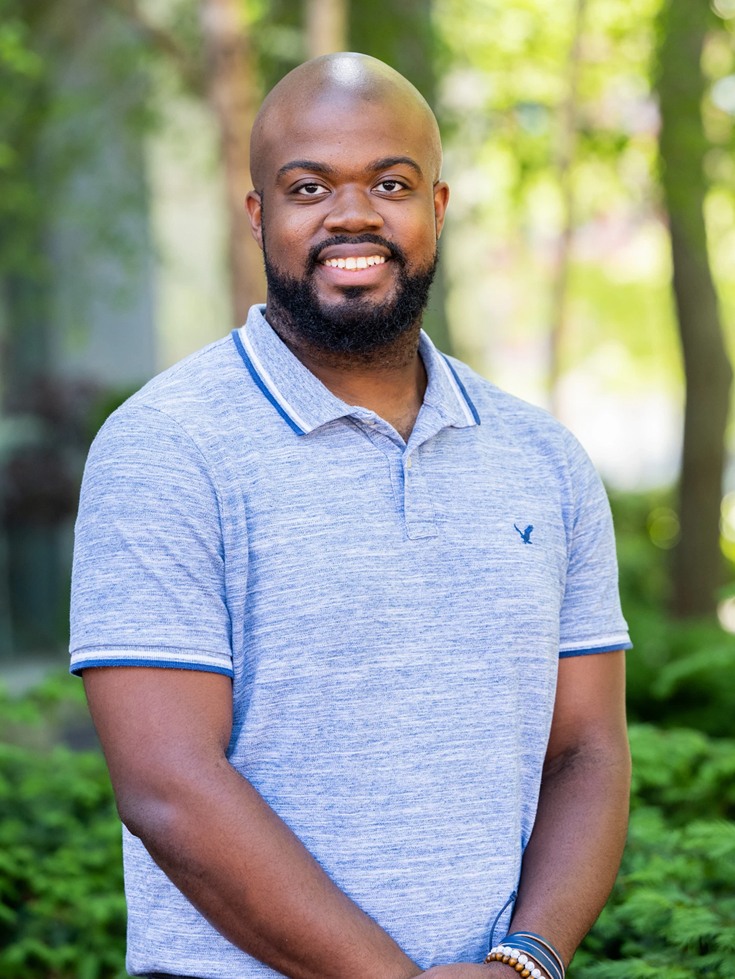Katia Jackson, a graduate of North Carolina Agricultural and Technical State University in Greensboro, majored in psychology. Tougaloo College graduate Justin Coleman was an undergraduate chemistry major. And Kayla Kinsler focused on human development at Howard University in Washington, D.C.
Now, they’re all Health Equity Scholars pursuing Master of Public Health degrees at Brown.
For more than 50 years, Brown has had an educational partnership with Tougaloo, a historically Black college in Jackson, Mississippi. The partnership includes several types of programs — including one in public health — that give Tougaloo students the option to study at Brown and Brown students the opportunity to visit Tougaloo or engage in collaborative research with their peers at the institution.
The Health Equity Scholars program at Brown’s School of Public Health, which grew out of the Tougaloo partnership, gained traction with both applicants and donors at a particularly difficult moment in our nation’s recent history.
“This program expanded to include students who earned their undergraduate degrees from any historically Black college or university (HBCU) after the racial unrest we saw following the killing of George Floyd,” says Jai-Me Potter-Rutledge, director of the program. “It is a direct response to the need to change the face of public health leadership to better reflect the make-up of our communities.”
